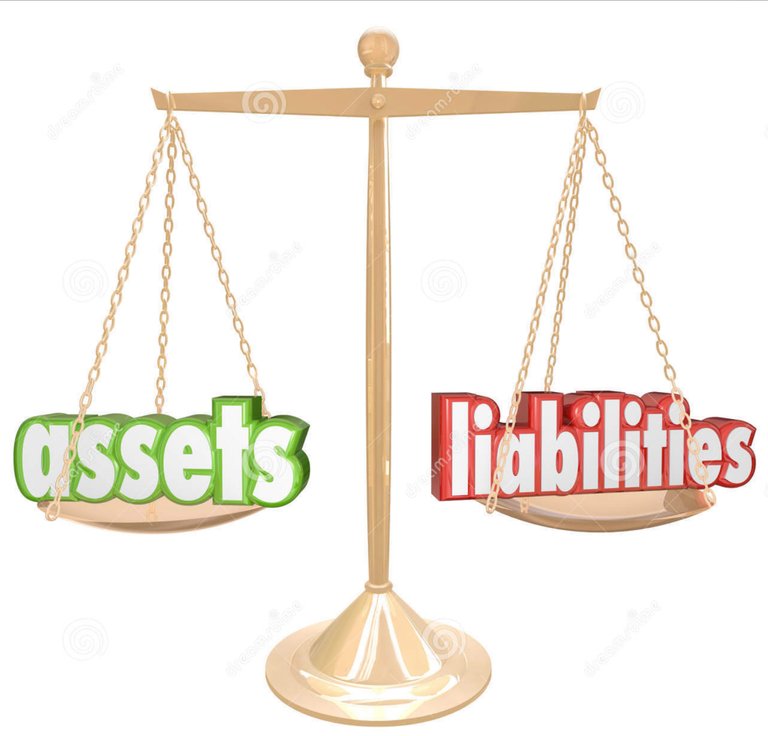It depends!

I think many investors love to gather in bars or coffee houses discussing their investments, and Return On Investments (ROI) is sweet music to their ears.
After all, everyone likes to talk about the profits they made, their Investment ROI!
But your decision about where to budget your money should also take into account your debts and the return on your investment if you take your income above what you need to pay your bills and pay extra on your bills, versus using that money for investments.
I believe that to objectively make this decision between debts and investments you need to compare the return on your investment, the ROI. We are all familiar with the concept of investment ROI, but are you also familiar with what’s called the Debt ROI? It’s a term I think I created, because it helps me compare two different, yet similar things, the rate of return on investments with the rate of loss on debts, the Debt ROI.
Debt ROI
Debt ROI, is the unknown sibling of investment ROI. This is the return you get by paying down your debts. The ROI is literally the interest you save. It’s not flashy, nor exciting, but it’s effective.
Example of debt ROI of 12% versus investment ROI 6%
You have a debt of 100,000 at 12%
You pay 12,000 per year, simple interest
You pay 1000 per month. If you have extra money, should you invest it or use it to pay down this debt faster? For example, should you invest your extra money in a cryptocurrency, which pays you 6% per annum, simple interest?
Or, is it better to pay extra on the debt at 12% ?
Surprisingly, many would chose the cryptocurrency, because they feel like it’s a good investment.
But what your truly missing is the opportunity cost of not paying off your debt, a 6% difference in interest.
Debt ROI
Paying off the debt and actually like earning a 12% return on the extra money versus a 6% return on your cryptocurrency investment. So in this case it’s a better use of your money.
Debt ROI versus Investment ROI 15%
Now what if you can earn a higher interest rate on your investment then your debts? If you found an investment paying 15% versus your Debt interest rate of 12%. Does that change your decision? Yes. It would then become the highest and best use of your money. So yes, in this case the investment ROI is higher then the Debt ROI, by 3%, so I would choose the investment for my extra cash above my debt.
Debt ROI versus Investment ROI
A true investor should always be on the lookout for the highest and best use of their money. You should try to use objective, numerical criterion to make your decisions. While debt reduction is good, you don’t want to miss and opportunity to make your money work harder.
While you may not agree with me, but I hope I made you think.
It’s your money, you work hard for it, think before you let it go.... consider what is the highest and best use of your money and then decide.

Other Posts by @shortsegments
Leofinance, the Star Trek Borg of social media finance blogging.
Six ways to earn Leo Token and Ethereum onLeofinance
A Brief Look at Centralized and Decentralized ExchangeLink

Hmmmm....
#opportunity-cost
#highest-best-use-of-capitol
#debt-roi
#reducing-debt-as-an-investment
#return-on-investment
Posted Using LeoFinance Beta
I will never do investment ROI by borrowing Debt ROI.
Saying about Investment ROI with together friends in bar or coffee shop is actually exciting and hoping.
Posted Using LeoFinance Beta
I can’t tell if my comment was saved or not, so here goes attempt number two.
I think I understand your point, and I agree that negative return on investment is the correct way to think about debt, and it’s negative effect on your net rate of return should not be ignored.
Posted Using LeoFinance Beta